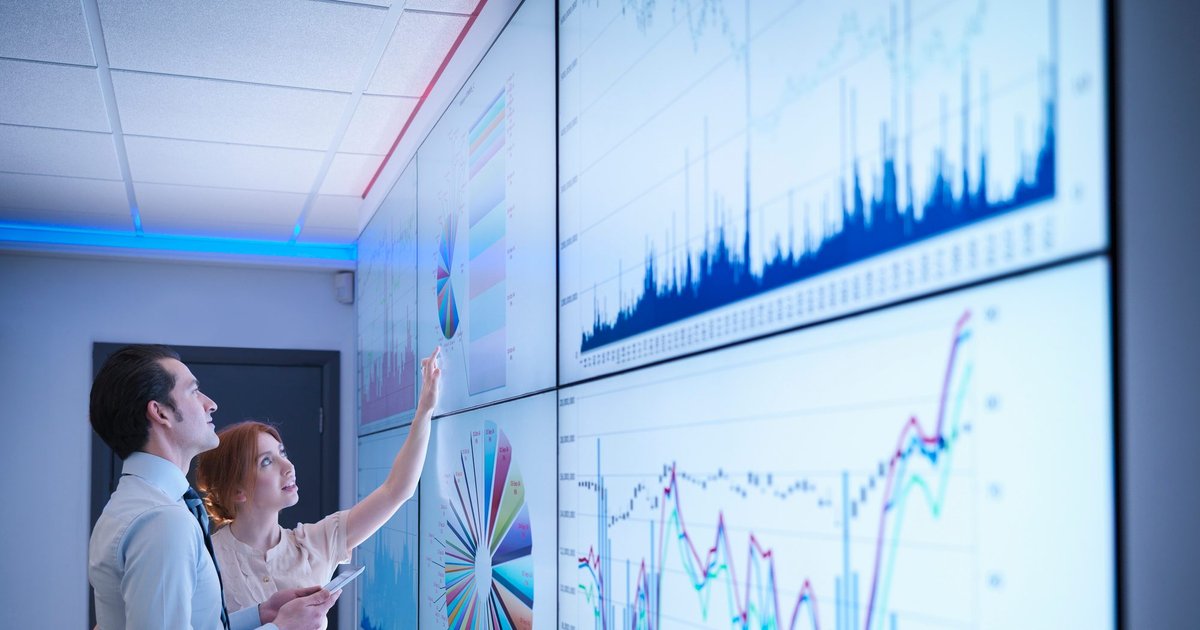World
Supermassive Black Hole Seen Waking Up In Real Time In World First

Astronomers have witnessed a supermassive black hole turning itself on. The object sits at the center of galaxy SDSS1335+0728, which had been unremarkable until December 2019. But then, the brightness of this object began to increase significantly, and researchers believe that they have witnessed the awakening of this giant.
Supermassive black holes can be quiet or active. In their active state, they are feeding. Some brief events could be an unfortunate star passing too close – these brightenings last at most a few hundred days. But the supermassive black holes that get to be called active galactic nuclei, or AGNs, are the ones releasing so much light that they are about to outshine their host galaxies for a very long time. And this is what astronomers are seeing here.
Black holes are, as the name suggests, black. No light escapes them. The emission comes from the surrounding area. Gas and dust fall into the black hole, and as they do so they heat up under the intense forces present. In the case of SDSS1335+0728, after December 2019 it began to radiate more in infrared, visible, and ultraviolet light. And in February 2024, it even began shining in X-rays.
“This behaviour is unprecedented,” lead author Dr Paula Sánchez Sáez, an astronomer at the European Southern Observatory (ESO) in Germany, said in a statement. “Imagine you’ve been observing a distant galaxy for years, and it always seemed calm and inactive. Suddenly, its [core] starts showing dramatic changes in brightness, unlike any typical events we’ve seen before.”
“The most tangible option to explain this phenomenon is that we are seeing how the [core] of the galaxy is beginning to show (…) activity,” added co-author Lorena Hernández García, from the Millennium Institute of Astrophysics and the University of Valparaíso in Chile. “If so, this would be the first time that we see the activation of a massive black hole in real time.”
The team still wants to rule out an unusually long Tidal Disruption Event (TDE), when a black hole eats a star or gas cloud that got too close. But it would have to be much longer than Scary Barbie, which has lasted for over two years. The object, which weighs about one million times as much as the Sun, continues to be monitored, because either an AGN activation or a unique TDE will provide new insights into how black holes grow and evolve.
There is a lot that it is not clear about this process, and whether it might happen occasionally to a quiet supermassive black hole like Sagittarius A*, the one at the center of our galaxy. The behavior and properties of SDSS1335+0728 are likely going to provide precious pieces of the puzzle that is supermassive black holes.
The study has been accepted for publication in Astronomy & Astrophysics.









